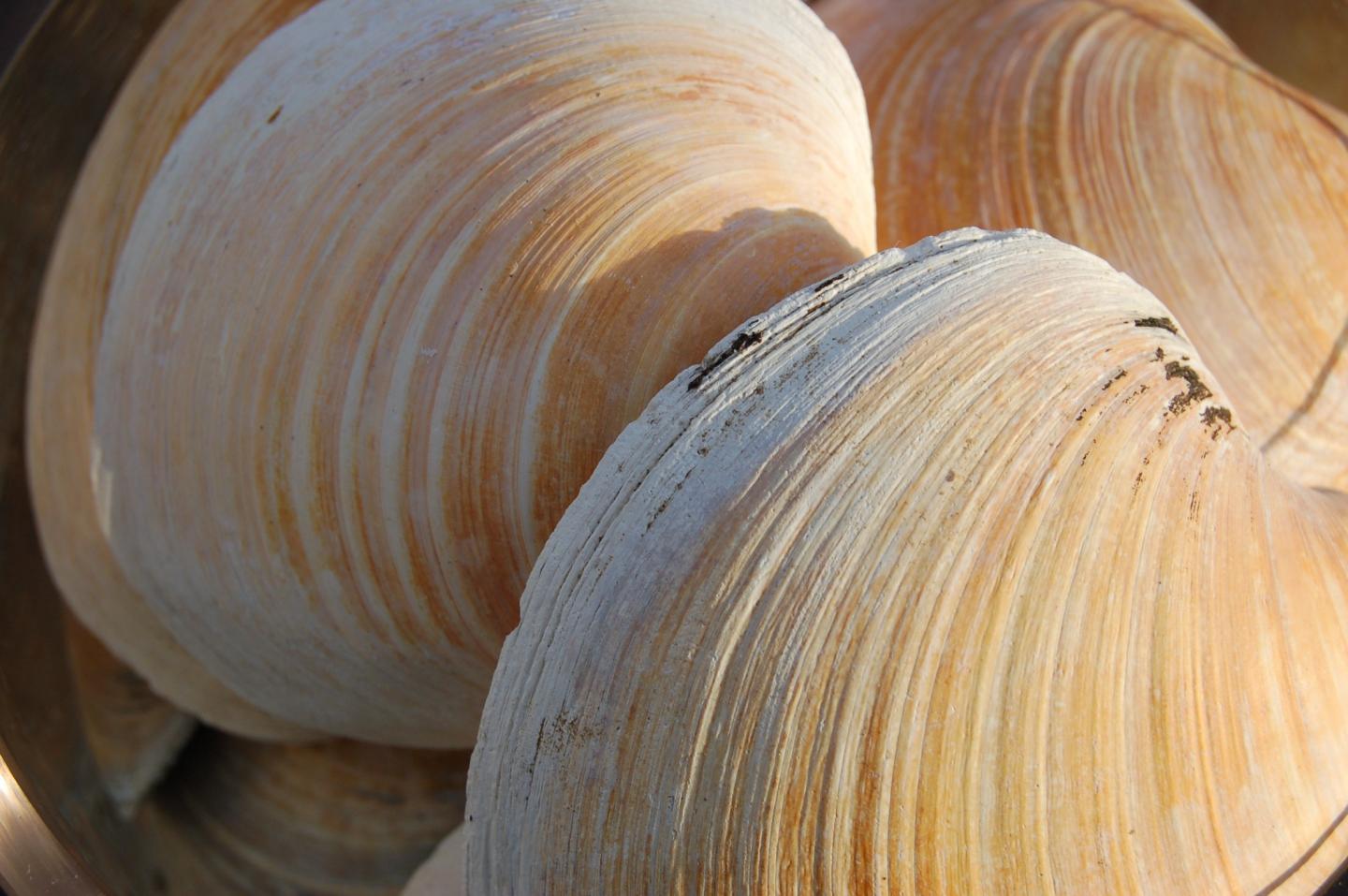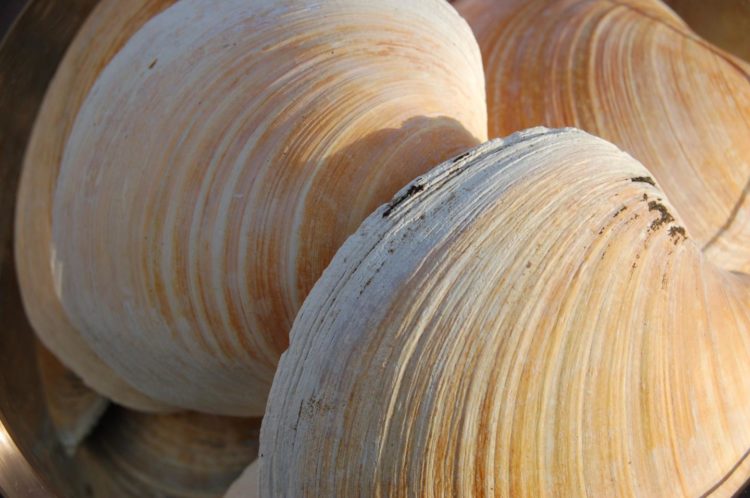
Credit: Paul Butler
Arctic sea ice cannot “quickly bounce back” if climate change causes it to melt, new research suggests.
A team of scientists led by the University of Exeter used the shells of quahog clams, which can live for hundreds of years, and climate models to discover how Arctic sea ice has changed over the last 1,000 years.
They found sea ice coverage shifts over timescales of decades to centuries – so shrinking ice cannot be expected to return rapidly if climate change is slowed or reversed.
The study examined whether past ice changes north of Iceland were “forced” (caused by events such as volcanic eruptions and variations in the sun’s output) or “unforced” (part of a natural pattern).
At least a third of past variation was found to be “forced” – showing the climate system is “very sensitive” to such driving factors, according to lead author Dr Paul Halloran, of the University of Exeter.
“There is increasing evidence that many aspects of our changing climate aren’t caused by natural variation, but are instead ‘forced’ by certain events,” he said.
“Our study shows the large effect that climate drivers can have on Arctic sea ice, even when those drivers are weak as is the case with volcanic eruptions or solar changes.
“Today, the climate driver isn’t weak volcanic or solar changes – it’s human activity, and we are now massively forcing the system.”
Co-author of the study Professor Ian Hall, from Cardiff University, said: “Our results suggest that climate models are able to correctly reproduce the long-term pattern of sea ice change.
“This gives us increased confidence in what climate models are telling us about current and future sea ice loss.”
When there is lots of sea ice, some of this drifts southwards and, by releasing fresh water, can slow the North Atlantic Ocean circulation, otherwise known as the Atlantic Meridional Overturning Circulation (AMOC).
The AMOC brings warm water from the tropics towards the Arctic, so slowing it down cools this region and allows sea ice to grow further.
So, with less ice the AMOC can bring in more warm water – a so-called “positive feedback” where climate change drives further warming and sea ice loss.
Quahog clams are thought to be the longest-living non-colonial animal on Earth, and their shells produce growth rings which can be examined to measure past environmental changes.
Dr Halloran is part of the Global Systems Institute, which brings together experts from a wide range of fields to find solutions to global challenges.
The new study is part of a project including Cardiff University, the Met Office and an international team working on climate model simulations of the last millennium. The work was funded by the Natural Environment Research Council.
###
The paper, published in the journal Scientific Reports, is entitled: “Natural drivers of multidecadal Arctic sea ice variability over the last millennium.”
Media Contact
Alex Morrison
[email protected]
44-013-927-24828
Related Journal Article
http://dx.





